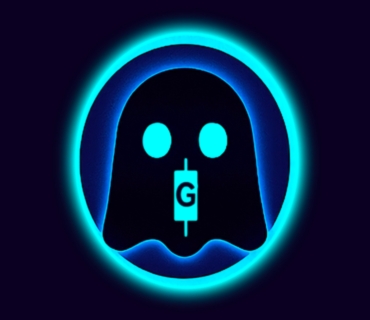What Is a Validator Node?
A validator node is a computer on a blockchain network that participates in verifying and confirming transactions. Validators ensure that every transaction follows the network’s rules before it is added to the blockchain.
Unlike miners in Proof of Work systems, validator nodes are part of Proof of Stake (PoS) and similar consensus mechanisms, where they are chosen to create and validate new blocks based on the amount of cryptocurrency they have “staked” — or locked — as collateral.
In short, a validator node is the backbone of a blockchain’s integrity, keeping the network secure, decentralized, and synchronized.
How Validator Nodes Work
Validator nodes maintain the shared ledger by constantly checking transactions and confirming blocks through cryptographic consensus.
Here’s the basic process:
-
Transaction Broadcast:
Users send transactions (such as token transfers or smart contract executions) to the network. -
Validation Process:
Validator nodes check whether the transaction is legitimate — verifying digital signatures, balances, and protocol compliance. -
Consensus:
The validators reach agreement through a consensus mechanism like Proof of Stake (PoS), Delegated Proof of Stake (DPoS), or Hashgraph consensus.
Only once consensus is reached does a new block become part of the blockchain. -
Rewards:
Validators earn rewards, often in the network’s native token, for helping secure the network and keeping it accurate.
Dishonest validators can be penalized by losing part or all of their staked assets — a process called slashing.
Validator Nodes vs. Mining Nodes
| Feature | Validator Node | Mining Node |
|---|---|---|
| Consensus Type | Proof of Stake (PoS) | Proof of Work (PoW) |
| Resource Requirement | Requires staked tokens | Requires computational power |
| Energy Use | Energy-efficient | Energy-intensive |
| Example Networks | Ethereum (PoS), Hedera (HBAR), XDC, Stellar, Flare | Bitcoin, Dogecoin, Litecoin |
Validators replaced miners in many modern blockchains because they’re faster, greener, and more scalable.
Why Validators Are Important
Validator nodes perform three essential roles in blockchain ecosystems:
-
Security:
They prevent fraud, double-spending, and unauthorized transactions. -
Decentralization:
Validators are spread across the world, ensuring no single authority controls the network. -
Trustless Governance:
Since validators follow transparent rules enforced by code, users can trust the system without trusting individuals.
A blockchain without validators is like a bank without auditors — it can’t be trusted to operate fairly or accurately.
Requirements to Become a Validator
Each network has its own entry requirements. Common factors include:
-
Minimum Stake:
A certain amount of the network’s native token must be locked as collateral.-
Ethereum requires 32 ETH.
-
XDC Network uses a smaller, flexible staking threshold.
-
Hedera and Stellar use council or federated validation models.
-
-
Hardware and Uptime:
Validators must run reliable servers, stay online 24/7, and maintain constant synchronization with the network. -
Technical Knowledge:
Managing keys, configuring nodes, and updating software securely are essential skills.
Those who cannot run their own validator can often delegate their tokens to a trusted validator to earn a share of rewards passively.
Examples of Validator Networks
-
Ethereum (ETH): Uses Proof of Stake to select validators based on the amount of ETH staked and random selection.
-
Hedera (HBAR): Uses a unique Hashgraph consensus where validators, run by reputable organizations, share data rapidly to achieve fairness and speed.
-
XDC Network: Uses a hybrid Delegated Proof of Stake system optimized for trade finance and enterprise use.
-
Flare Network (FLR): Validators participate in the FTSO (Flare Time Series Oracle) system to deliver accurate price data across blockchains.
-
Stellar (XLM): Validators form a Federated Byzantine Agreement, where trust is distributed across a web of quorum slices.
Each system reflects a different balance between decentralization, efficiency, and enterprise-grade performance.
Risks and Responsibilities
Operating a validator node comes with both opportunity and responsibility:
-
Technical Risks: Downtime can result in missed rewards or penalties.
-
Financial Risks: Misbehavior or software bugs may cause a portion of the stake to be slashed.
-
Governance Role: Validators often vote on upgrades and protocol changes, influencing the direction of the network.
Because of these risks, many users prefer delegated staking, which allows participation without the operational burden.
Summary
A validator node is a critical part of modern blockchain networks, ensuring accuracy, security, and decentralization.
Validators confirm transactions, secure the ledger, and maintain network trust — all without centralized control.
By staking tokens and running reliable infrastructure, validator nodes make it possible for Proof of Stake and next-generation blockchains like Ethereum, Hedera, XDC, Flare, and Stellar to function efficiently and securely — forming the backbone of the decentralized financial world.



Add comment
You must be logged in to post a comment.